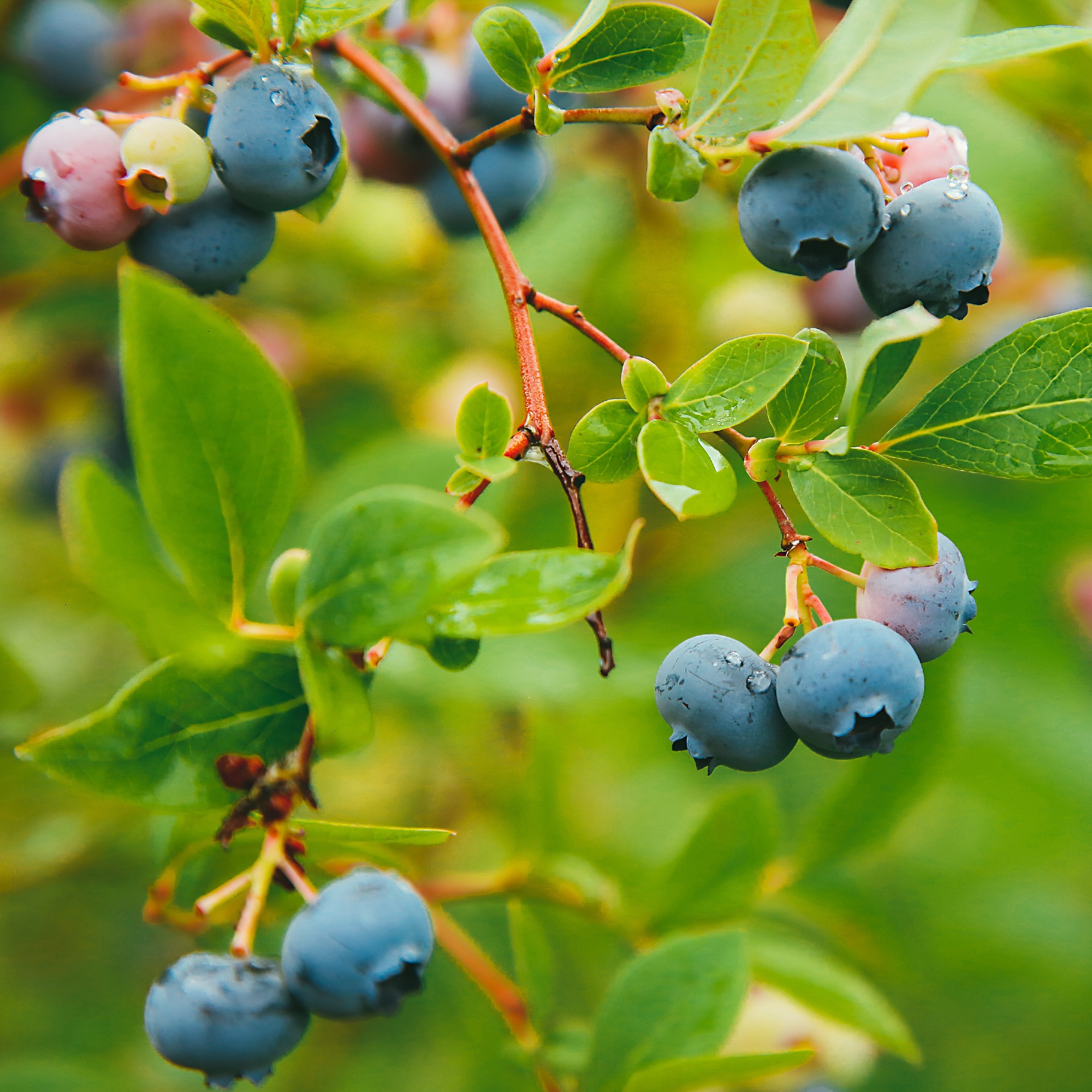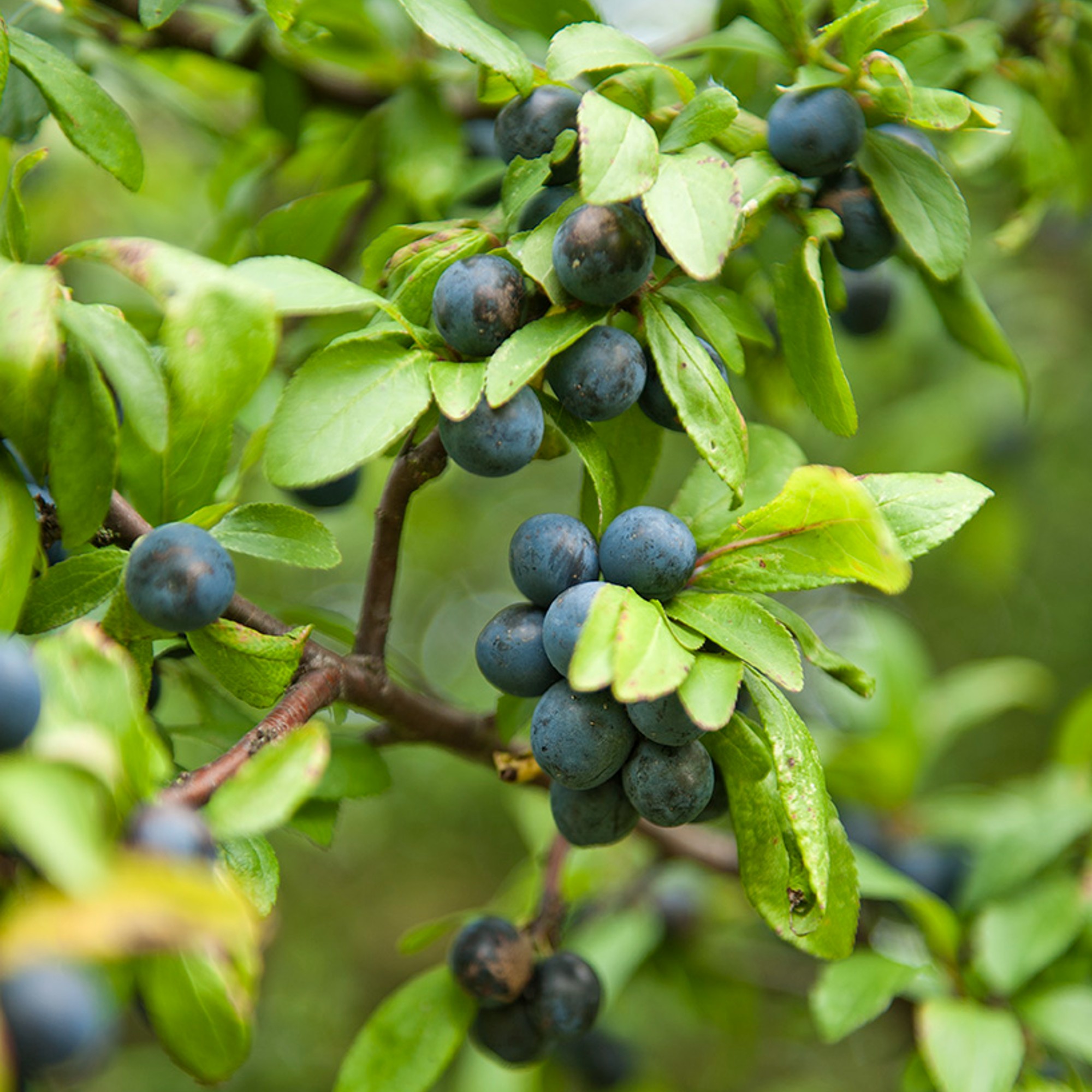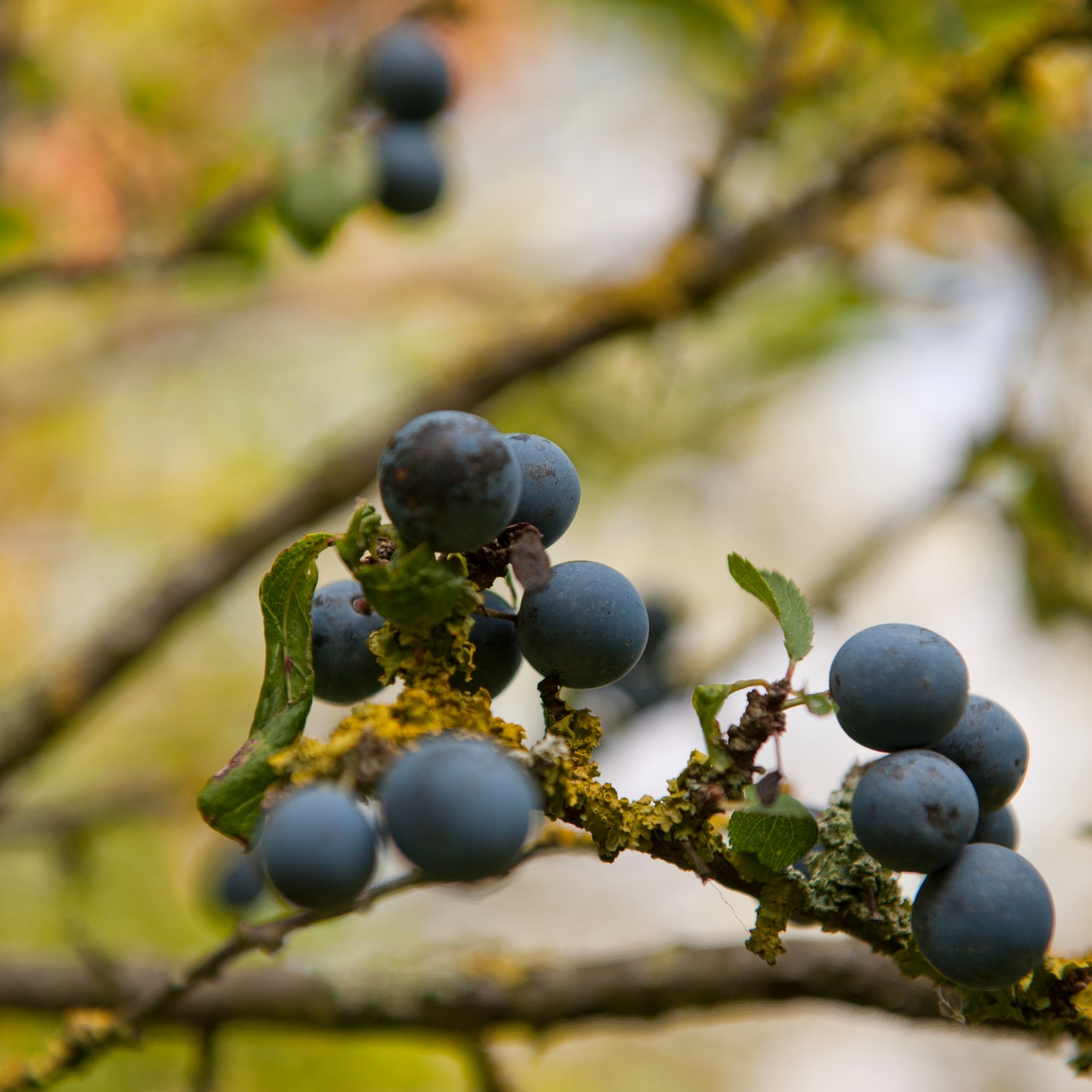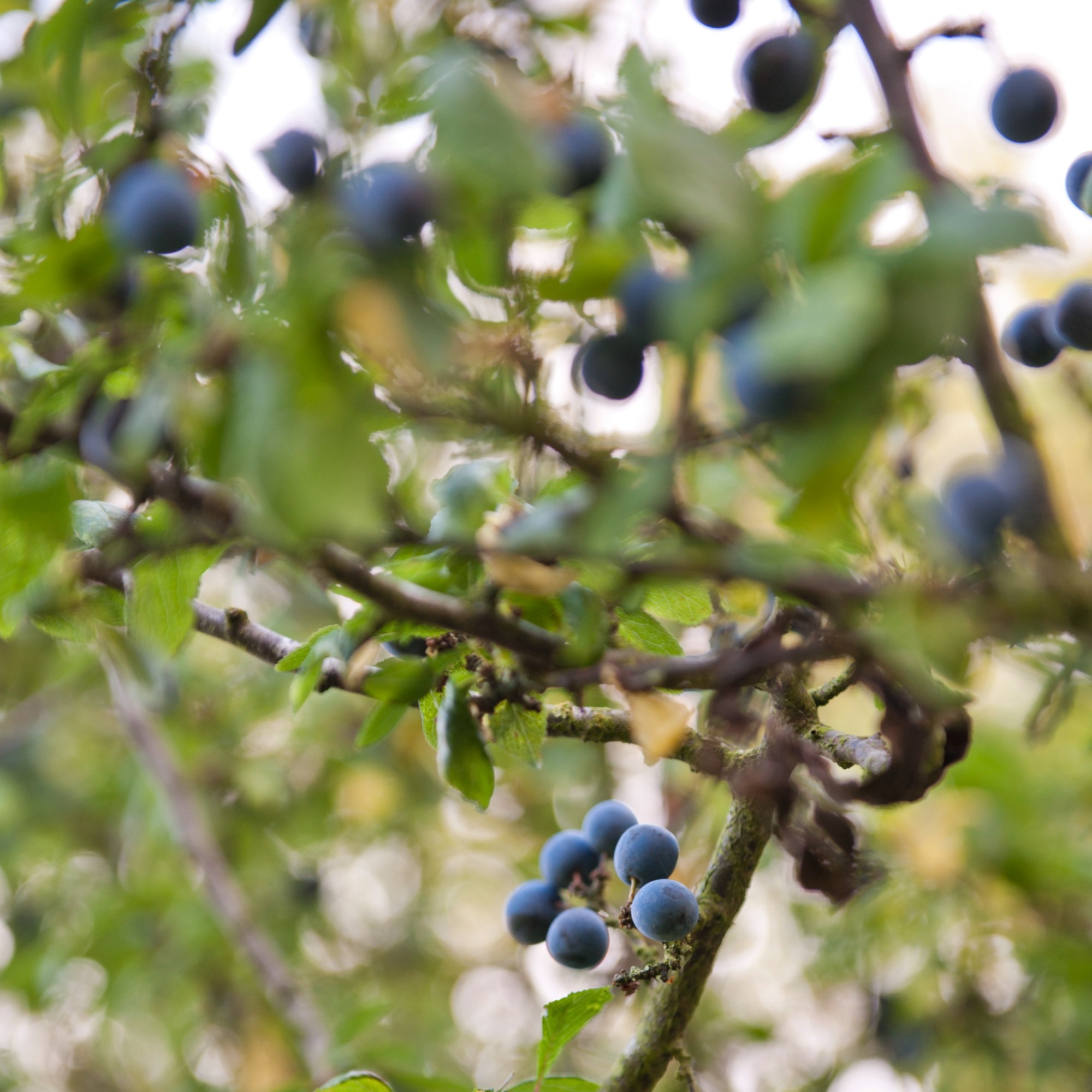
The idea of having your own consistent supply of blueberries through the summer and autumn months is a tempting one. And if you’re willing to learn how to grow blueberries, it’s a realistic one too.
While you can grow blueberries in pots, that’s not the only way you can plant and keep these fruit-bearing bushes and revel in the delicious benefits of the produce which is a supposed superfood.
You can also find a sunny spot for the blueberry shrubs in your garden and plant them there, given that you follow the fool-proof blueberry growing and care guide from our gardening experts. So here it is.

How to grow blueberries
If you’re looking for something to plant in February then blueberries might just be it. Blueberry bushes are best planted in autumn or spring during their dormant season but given that they are quite hardy shrubs this is not 100% necessary.
‘It's possible to plant them at any time of year, as long as the ground isn't frozen,’ says Steve Chilton, garden expert at LeisureBench.
Petar Ivanov, Fantastic Gardeners' gardening and plant expert, adds, ‘If you plant as soon as possible after you get your plants, you will achieve the best results.’
So don’t wait around once you’ve got your blueberry bushes handy.

What you’ll need
- Blueberry bushes, cuttings or seeds like this one from Crocus
- Acidic soil
- Ericaceous compost like this one from Amazon
- Drip irrigation system kit like this one from Amazon or mulch like this one from Amazon
- Pruning shears like these ones from Amazon
- Gardening net like this one from Amazon to protect the fruit from being snatched during growing season by birds and other wildlife

Planting
The planting process starts by choosing the right spot where to plant the blueberries in your garden as they need enough sunlight to properly grow.
‘Plant blueberry bushes in a sunny spot with at least six hours of direct sunlight daily,’ Steve recommends.
The next very important step is having the right soil or compost for your blueberries. As these shrubs do not thrive in regular soil.
‘Blueberries thrive best in well-draining acidic soil that has a pH of around 4.5 to 5.5,’ Steve says. ‘If your garden soil isn't naturally acidic, I would recommend growing them in containers filled with a type of compost called ericaceous compost, as this is acidic compost.’
Petar continues, ‘Ordinary multi-purpose compost or standard potting compost will turn their foliage yellow, stunt their growth and prevent the plants from flowering and fruiting.’

Watering
‘Throughout the growing season, blueberries' soil should be kept wet but not soggy,’ Petar starts.
And if your blueberries getting enough water is a concern, Steve has a couple of solutions up his sleeve. ‘If this is a troublesome area, I recommend installing a drip irrigation system or adding some mulch as this will help retain the moisture.’

Pruning
Late winter and early spring (so right about now) is the best time when to prune blueberries, which should be done regularly.
‘You should prune blueberry bushes annually to encourage new growth and fruit production. I recommend doing this while the plant is dormant,’ Steve says.
FAQs
What month is best to plant blueberry bushes?
‘The best time to plant blueberry bushes is either in the fall by mid-October or in the early spring after the severe freezing temperatures have passed,’ Petar says, with March being the best spring month to do some blueberry planting.

Do you need a greenhouse to grow blueberries?
While it’s not necessary to grow your blueberries in a greenhouse, it can be done.
‘Open-field farming practices often suffer from low production rates and have specific watering requirements,’ Petar explains. ‘That’s why blueberries will benefit and grow well in greenhouses where they are protected from adverse weather conditions, even though it isn't necessary.’
On the other hand, Steve believes there is no need to opt for greenhouse growing for your blueberry bushes. ‘Blueberries are generally quite hardy, making them well-suited for being outdoors, just as long as you provide them with suitable conditions.’
That should be all you need to know to become a competent blueberry grower. So enjoy the process and the sweet fruits of your labour!







